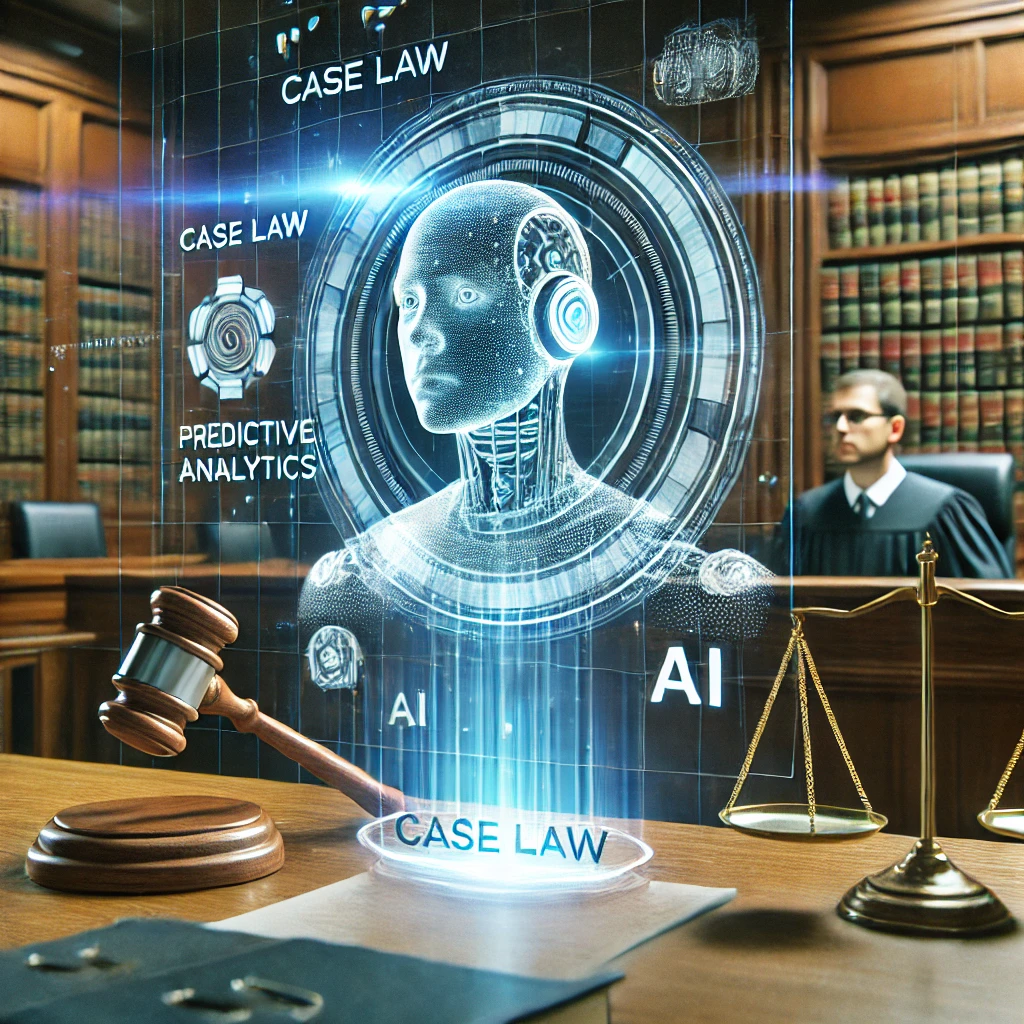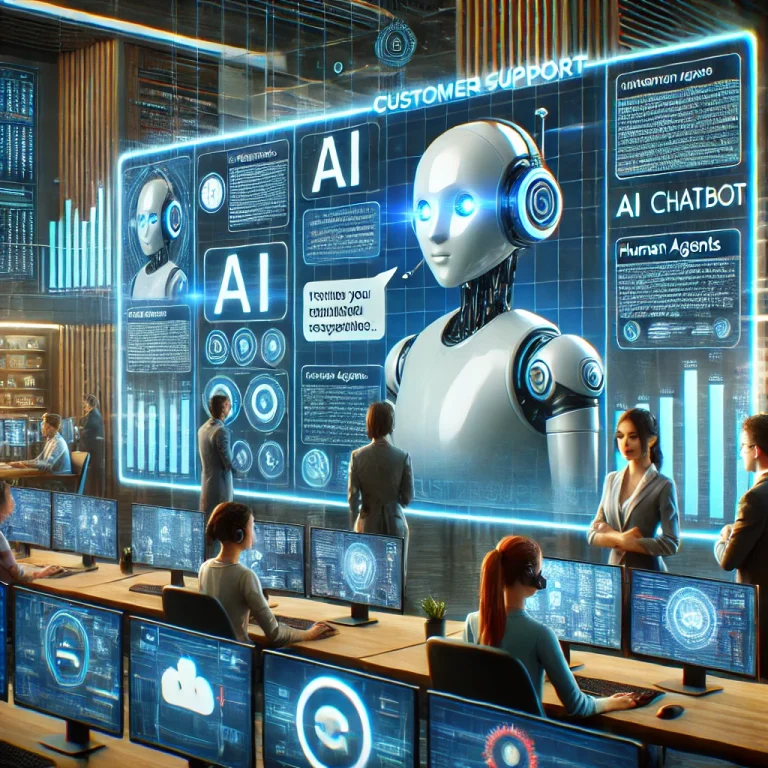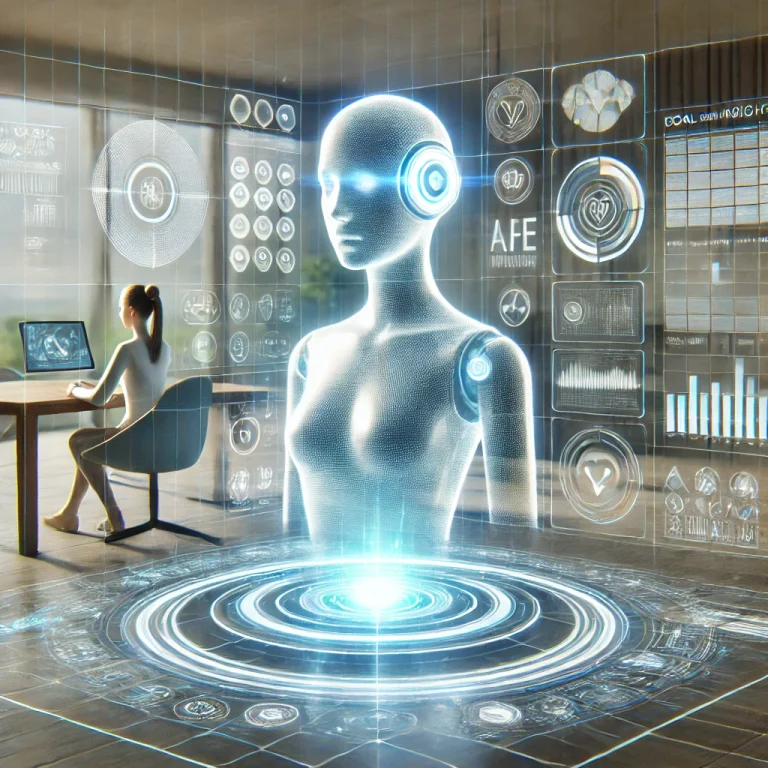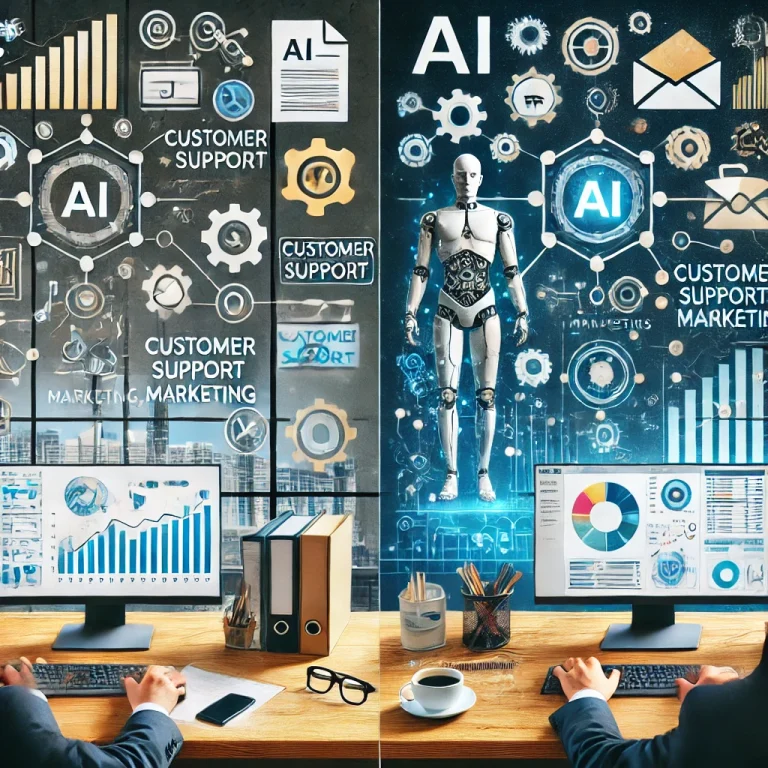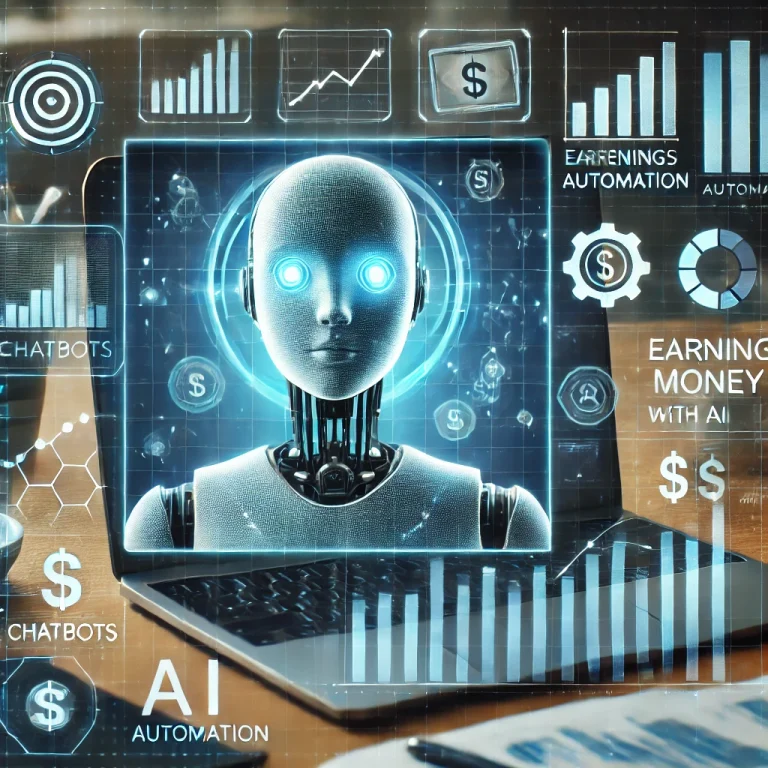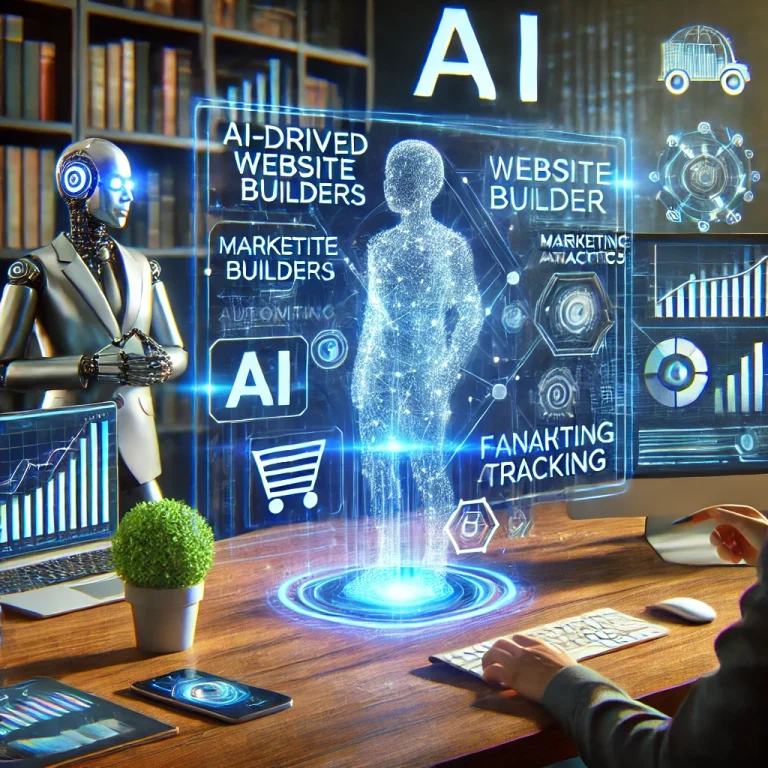AI as a Virtual Lawyer: Can AI Help You Win Court Cases?
Introduction
Artificial Intelligence (AI) is rapidly transforming industries, and the legal sector is no exception. With the rise of AI-powered legal assistants, virtual lawyers, and predictive analytics, AI is increasingly being used to assist in legal research, case analysis, and even courtroom strategies. But can AI help individuals win court cases? Can a machine truly match the expertise of a human lawyer?
This article explores how AI is being integrated into the legal field, its benefits, limitations, ethical concerns, and the potential future of AI in law.
How AI is Being Used in the Legal Industry
AI is making a significant impact on the legal profession in various ways:
1. AI-Powered Legal Research & Case Analysis
Traditionally, legal research is time-consuming and complex. AI-powered tools like ROSS Intelligence, Casetext, and LexisNexis can: ✅ Scan thousands of cases in seconds
✅ Provide relevant case laws and precedents
✅ Help lawyers craft stronger legal arguments
🚀 Example: ROSS Intelligence, powered by IBM Watson, was designed to answer legal questions by analyzing large volumes of legal texts.
2. AI for Contract Review & Drafting
AI-driven platforms can quickly analyze contracts and highlight potential risks, inconsistencies, and missing clauses. ✅ Reduces human error and saves time
✅ Identifies loopholes that might be missed by human lawyers
✅ Automates routine contract drafting
🚀 Example: LawGeex is an AI-based contract review platform that can analyze agreements with 94% accuracy, often outperforming human lawyers.
3. AI in Legal Predictions & Case Outcomes
AI-powered algorithms analyze past rulings, judge behaviors, and legal trends to predict the possible outcome of a case. ✅ Assists in case strategy and settlement decisions
✅ Helps clients determine if they should settle or go to trial
✅ Reduces uncertainties in litigation
🚀 Example: Lex Machina, an AI-powered legal analytics tool, predicts case outcomes based on historical legal data.
4. AI as a Virtual Legal Assistant & Chatbot
AI chatbots can provide basic legal guidance, helping users understand their rights and legal options. ✅ Offers 24/7 legal assistance without the need for a lawyer
✅ Answers common legal questions in real-time
✅ Assists in legal document preparation
🚀 Example: DoNotPay, the world’s first AI lawyer, has successfully helped users contest parking tickets and navigate small claims court cases.
5. AI in Courtroom Representation?
While AI can assist in legal matters, it is not yet legally allowed to represent clients in court. However, AI-powered legal strategies can: ✅ Help attorneys prepare arguments based on data-driven insights
✅ Offer real-time legal analytics during trials
✅ Improve the efficiency of legal teams
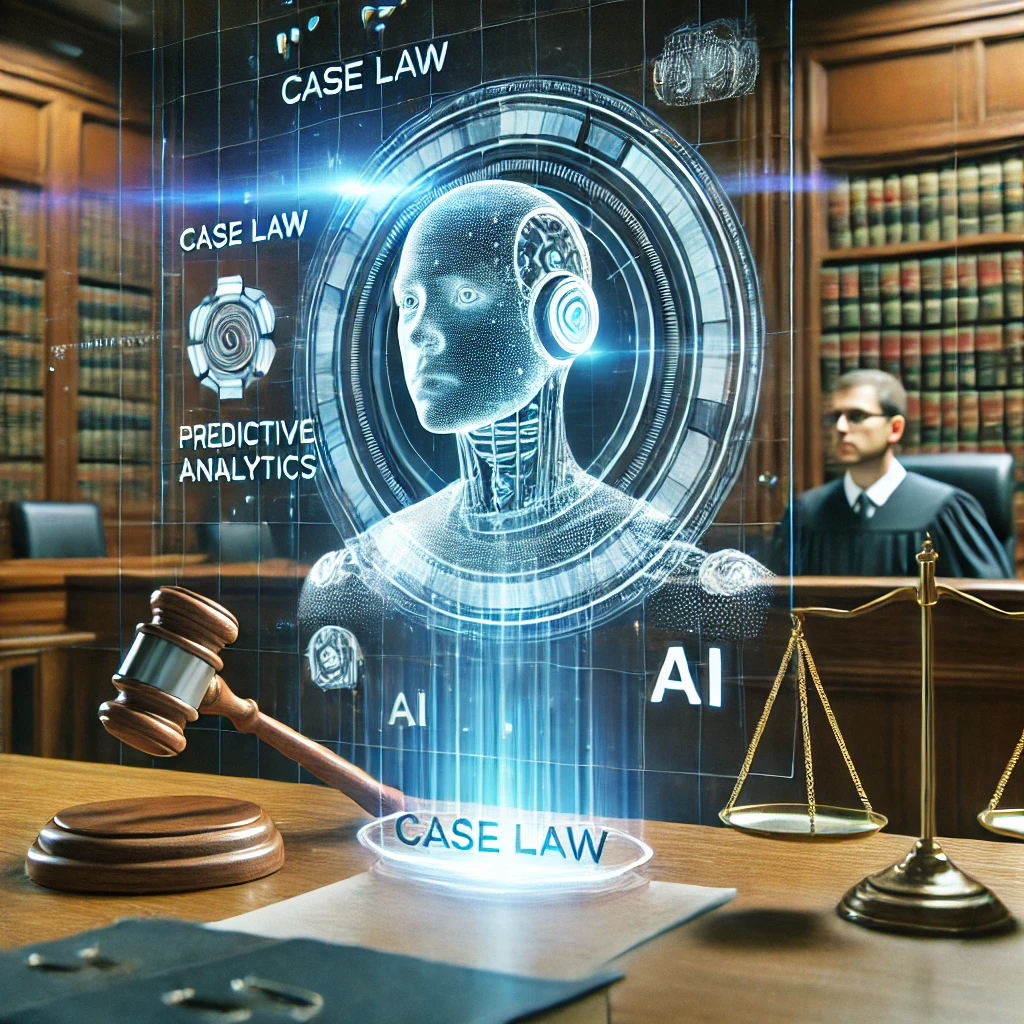
Can AI Help You Win a Court Case?
While AI cannot replace a human lawyer in court (yet), it can significantly improve case outcomes by:
🔹 Providing accurate legal research and precedent analysis
🔹 Enhancing contract reviews to avoid legal pitfalls
🔹 Offering data-driven predictions for case success
🔹 Assisting in client self-representation for minor legal disputes
However, winning a court case still requires human expertise, negotiation skills, emotional intelligence, and courtroom presence—qualities AI cannot replicate.
Advantages of AI in Law
✅ Speed & Efficiency
AI can analyze legal documents 100x faster than a human lawyer.
✅ Cost-Effective Legal Solutions
AI-powered legal services are more affordable than traditional lawyers.
✅ Data-Driven Accuracy
AI reduces human error and ensures fact-based legal strategies.
✅ Increased Access to Legal Services
AI makes legal assistance available to more people, including those who cannot afford a lawyer.
Limitations & Ethical Concerns
❌ Lack of Human Judgment
AI lacks the emotional intelligence and strategic thinking required for courtroom advocacy.
❌ Bias in AI Algorithms
AI learns from historical legal data, which may contain racial or systemic biases, leading to unfair predictions.
❌ Legal & Ethical Uncertainty
Many jurisdictions do not allow AI representation in court, and ethical guidelines for AI in law are still evolving.
🚀 Example: In 2023, DoNotPay attempted to represent a client in court using AI but was stopped due to legal restrictions.
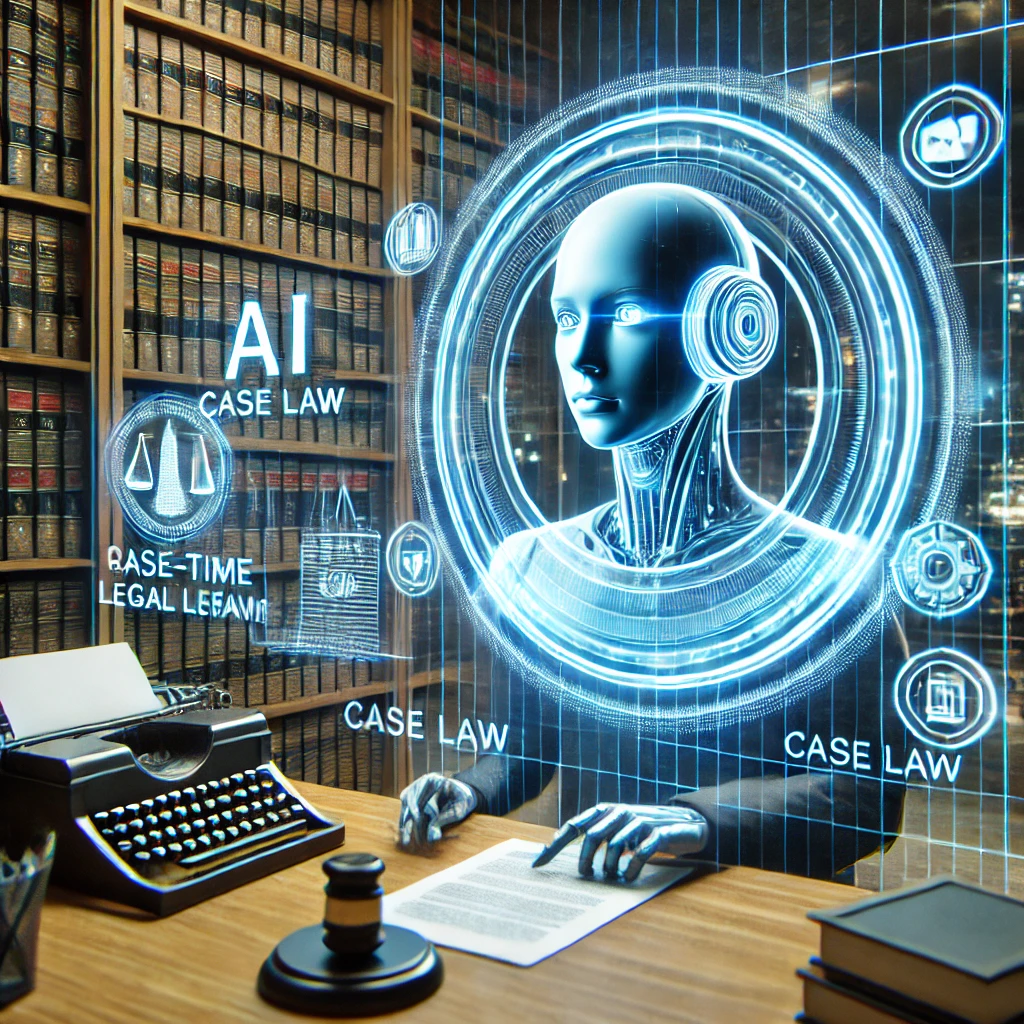
The Future of AI in the Legal System
Looking ahead, AI is expected to play an even larger role in the legal industry: ✅ AI-Assisted Court Representation – AI might one day support lawyers in real-time legal arguments.
✅ Smart Legal Contracts – AI-powered blockchain contracts that execute automatically under legal terms.
✅ Fully AI-Driven Small Claims Cases – AI may handle minor disputes entirely online.
✅ Judicial AI Assistants – Judges could use AI to analyze legal briefs and speed up decision-making.
While AI won’t replace lawyers entirely, it will enhance their capabilities, making legal services more accessible, affordable, and efficient.
Conclusion: AI as a Legal Tool, Not a Replacement
AI in law is revolutionizing legal services, but it is not yet capable of replacing human lawyers in court. Instead, AI serves as a powerful tool that enhances legal research, predictions, and contract analysis.
For now, AI is best used as a legal assistant, helping clients and lawyers navigate complex legal matters with greater efficiency and accuracy.
